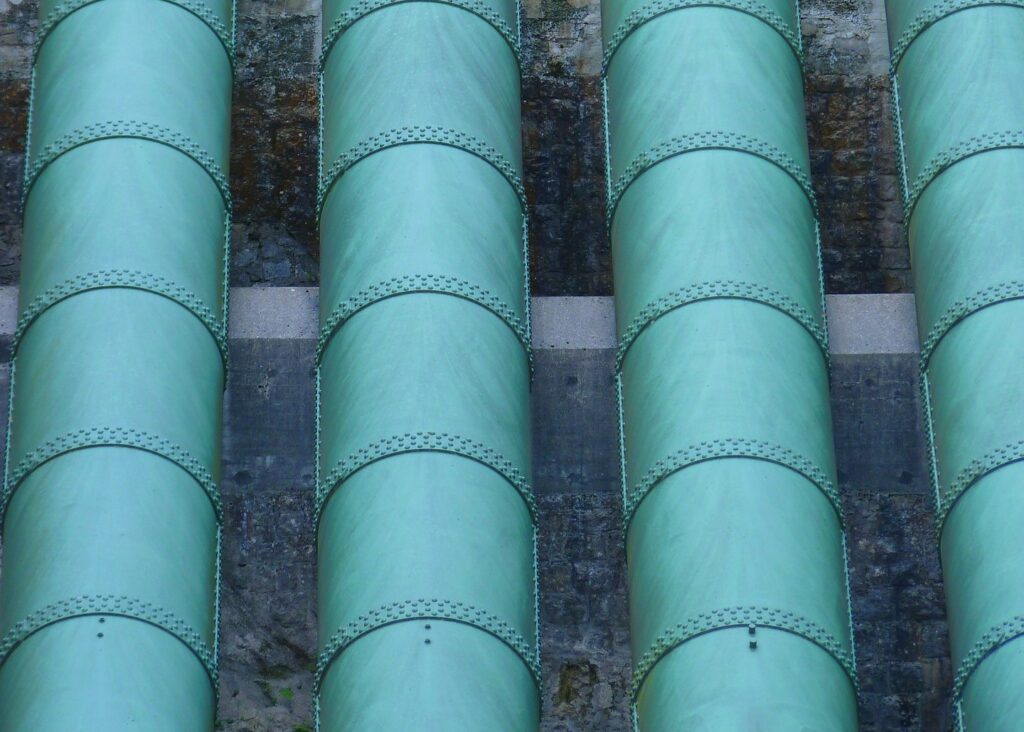German Energy Agency (DENA) and Norwegian state-owned Gassco have concluded that a hydrogen pipeline connecting Norway to Germany is “technically feasible” by the year 2030.
This revelation stems from a comprehensive feasibility study commissioned by both governments, signaling a significant stride toward a transnational hydrogen value chain.
The joint initiative, initially proposed in January 2023 by the German Vice-Chancellor and Norwegian Prime Minister, seeks to establish a large-scale hydrogen pipeline. The overarching goal is to create a robust hydrogen infrastructure, enabling the transportation of “millions of tonnes per year” of hydrogen between the two nations. The envisaged hydrogen supply chain includes Equinor and RWE, with plans to deliver both low-carbon and renewable hydrogen to fuel hydrogen-ready gas-fired plants in Germany.
The study, conducted by DENA and Gassco, outlines that the envisioned hydrogen production of this scale could commence by 2030. However, achieving this ambitious goal requires careful consideration and qualification of essential technologies such as compressors, valves, and flow meters. The study emphasizes that technology qualification may influence the project’s timeline and cost, underscoring the need for meticulous planning.
The study coincides with Germany’s recent unveiling of plans to establish a core hydrogen network spanning 9,700km. This extensive network aims to connect domestic production with industrial users, storage facilities, power plants, and planned import corridors. Germany’s updated hydrogen strategy anticipates a substantial demand for hydrogen, with a significant portion—50-70%—expected to be met through imports, reinforcing the strategic importance of international collaborations such as the Norway-Germany pipeline.
